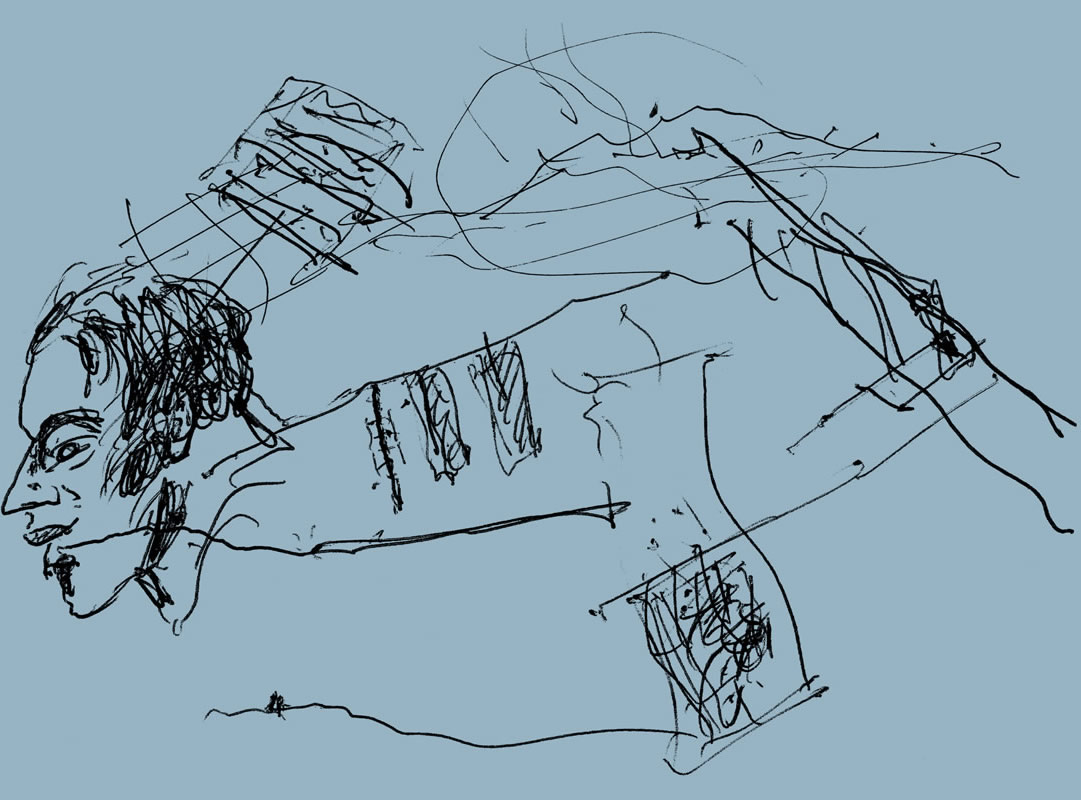The latest instalment of our series of AR Reading Lists: seven carefully chosen pieces from our archive, free for registered users
When Queen Elizabeth II was proclaimed queen in 1952, Britain was still an empire: she became head of six other independent states as well as some seventy colonies and dependencies around the world. In the 70 years that have passed since, many of those territories and nations have gained independence and some have severed ties with the Commonwealth, Barbados being the most recent to become a republic in 2021. But as this Reading List explores, the Commonwealth and formerly colonised territories remain haunted by the ghosts of imperial violence, extraction and exploitation. From Mumbai to Sydney, Bridgetown to Lusaka, the economic, material and architectural fabrics of many territories beyond the UK are still shaped by the legacies of British colonial enterprise.
Register for free to read today and receive the AR Reading List straight to your inbox. Happy reading!
Camera man: race, class, and British masculinity, March 2020, Edwin Coomasaru
‘A place where wealth and power has long been concentrated – many of those riches are product of slavery and empire – London has also always been a site of migration and profound inequality’
Blood sugar: spectres of empire, October 2016, Andrea Stuart
‘For me, this land is haunted. It is a place that harbours restless souls for whom not even death has proved a release’
The origin and indigenisation of the Imperial bungalow in India, June 2016, Miki Desai and Madhavi Desai
‘As a cultural concept, the bungalow retains a significant place in India’s collective memory’
Postcolonial airspace: flight paths from and across the African continent, May 2022, Sara Salem
‘African post‑independence infrastructural projects are sites of imaginative self‑making and contestation’
Decolonise this museum: can cultural institutions care?, March 2021, Janine Francois
‘If cultural and heritage institutions can fund and resource departments to care and preserve collections obtained through colonial violence, then surely they can be moved to dismantle relationships that maintain imperialism by centring an ethics of care’
Cattle and colonialism: the animals that built Sydney, February 2022, Fiona Probyn-Rapsey
‘The work of colonisation is always a multispecies affair but infrequently recognised as such’
Foundations of empire: the colonial legacy of Portland stone, April 2022, Arianne Shahvisi
‘In their durability, stone monuments assume and entrench unchanging values, both moral and aesthetic’
Subscribe today to join the conversation and help support independent critical architectural writing. Digital subscriptions are available and all our content is available online, anywhere in the world
 The Architectural Review An online and print magazine about international design. Since 1896.
The Architectural Review An online and print magazine about international design. Since 1896.

